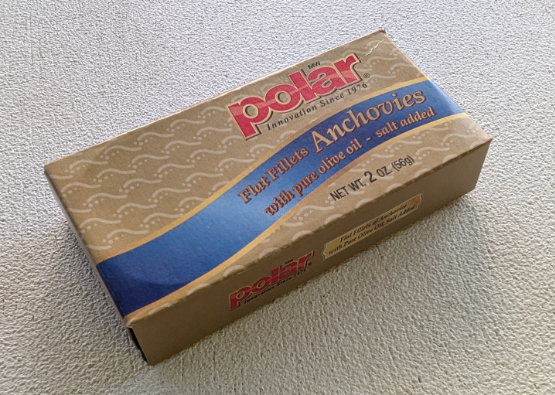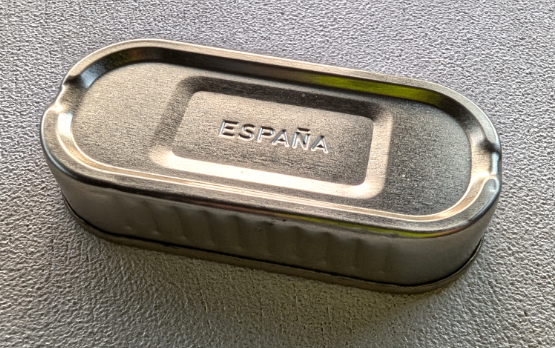I’m one of the people who hang out at the Arcata Bird Sanctuary a couple of times a week. On one side of the parking area is Arcata Bay, which is the most northern part of Humboldt Bay. (A bay with a bay?) On the other side of the lot is a collection of various wetland features. A lake, some ponds, a slough, some marshy bits, a creek, a channel…
As I walked a trail through the wetlands I wondered what the difference was between a marsh and a slough. Is there an actual difference? Are they synonymous? So I looked it up. And ended up feeling not that enlightened.
A slough is generally a stagnant or slow-moving wetland area, often a backwater or side channel of a larger water body, with variable vegetation and sometimes more open water. A marsh, on the other hand, is characterized by abundant grasses and reeds, is more consistently wet, and lacks trees. Both are wetland types, but differ in water movement, dominant vegetation, and ecological function.
A slough is a wetland, usually a swamp or shallow lake system, often a backwater to a larger body of water such as a lake or river
A marsh is a wetland frequently or continually inundated with water, characterized by emergent soft-stemmed vegetation
Water in sloughs is often stagnant or slow-moving, sometimes only flowing seasonally
Marshes generally have standing or slow-moving water, but are more consistently wet throughout the year
Sloughs can have a mix of aquatic plants, sometimes with more open water and less dense vegetation; may include some trees or shrubs depending on location
Marshes are dominated by grasses, reeds, and other soft-stemmed plants, with few or no trees
Sloughs serve as important backwaters for wildlife, supporting fish, birds, and other species, especially during migration
Marshes provide habitat for diverse plant and animal life, help recharge groundwater, and filter pollutants
In summary, the biologic and hydrologic differences between sloughs and marshes are more subtle than my layman’s and occasional visitor’s mind can distinguish. But I can appreciate being there on a sunny day with mild temperatures and enough breeze to keep the bugs off.
I had another question: Is pond scum a form of algae? So I looked that up too.
Yes, it’s one of the many forms of algae. And though I didn’t think to ask, I also learned what algae is—as well as learning the singular of algae is alga.
“Pond scum” is generally a type of algae. The term most commonly refers to filamentous algae, which are green, hair-like organisms that form dense mats or slimy clumps on the surface of ponds and other still waters. These algae do not have leaves, roots, stems, or flowers, but instead consist of fine filaments that can mat together and float when gases get trapped in the mass.
But then there’s this:
However, it's worth noting that not everything that looks like pond scum is algae. Sometimes, floating aquatic plants like duckweed or watermeal can be mistaken for pond scum, but these are actually small flowering plants, not algae.
Watermeal?
Watermeal (Wolffia spp.) is the smallest flowering plant in the world. It is a tiny, rootless, free-floating aquatic plant found on the surface of still or slow-moving waters such as ponds, lakes, marshes, and sloughs.
A simple touch test can help differentiate: algae are usually slimy or form matting strands, while watermeal feels gritty.
I wasn’t going to fight my way through cattails to feel the green stuff covering the slough/marsh/pond/whatever. So I’ll just keep calling it pond scum.





































